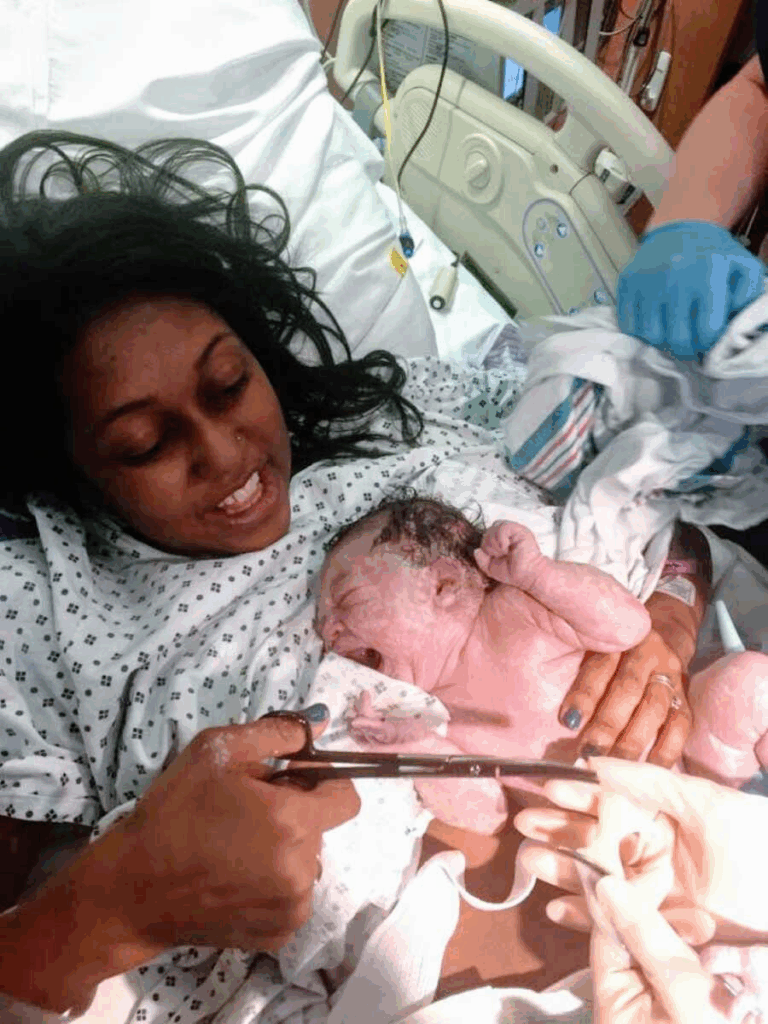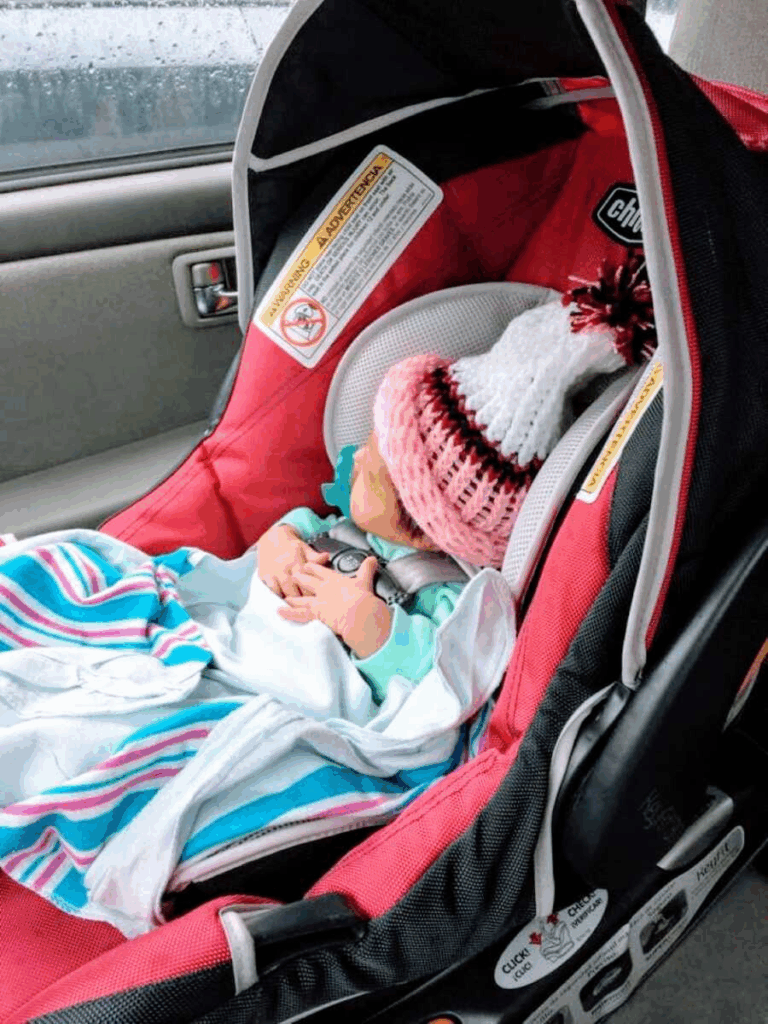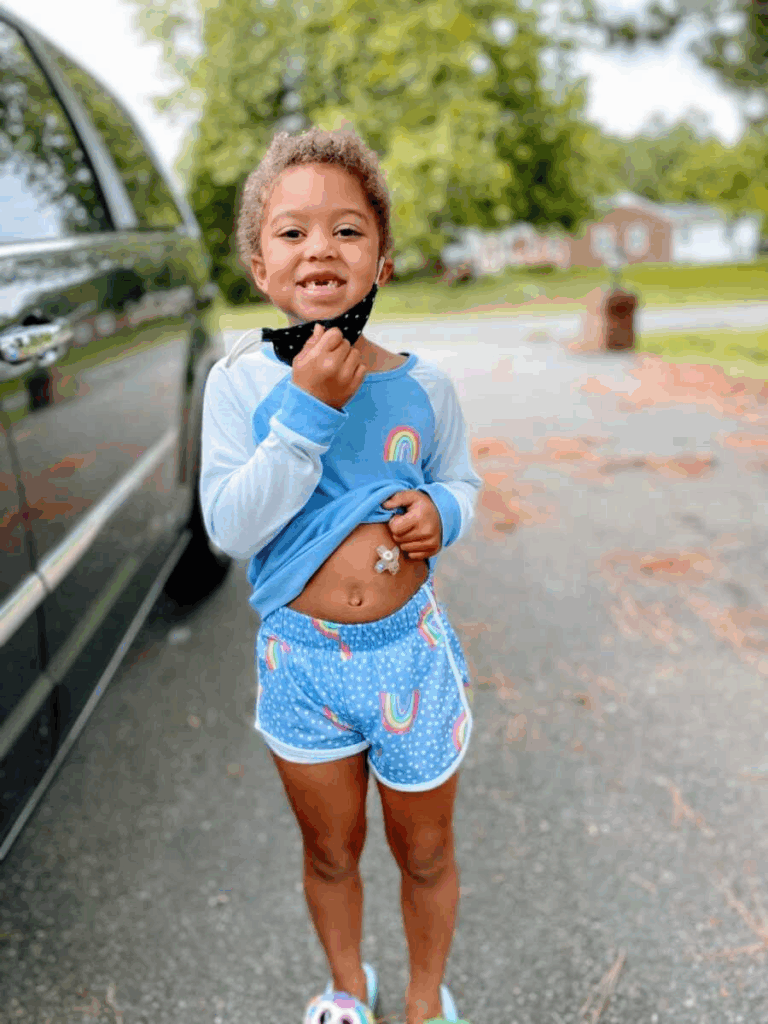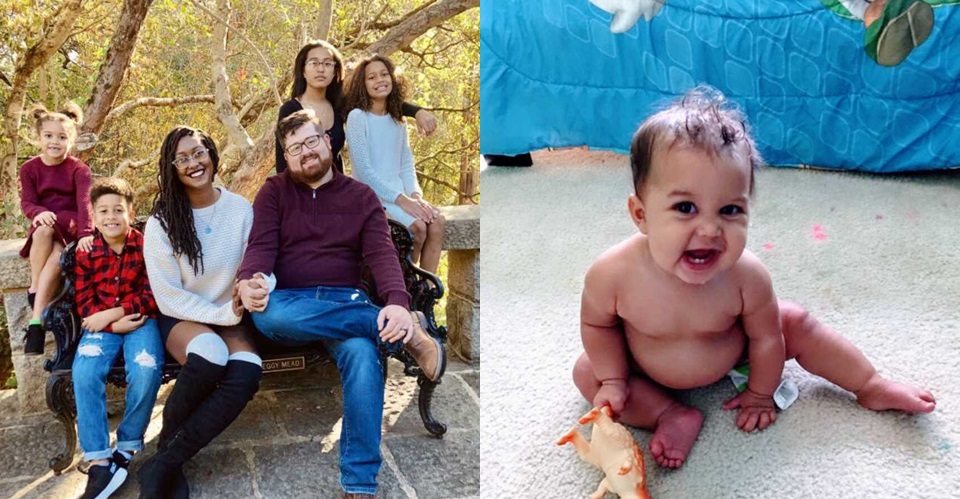Trust your gut, ask the extra question, and don’t apologize for fighting for your child. Love is the loudest second opinion. Nearly a decade ago, she was glowing in a postpartum room while their older kids lined up to meet their new baby brother. She stood to wheel everyone to the nursery when a splash hit the floor, dark red blood. She slipped into calm “mom mode,” ushered the kids into the hall while a nurse quietly told them she’d spilled juice. A nurse checked her and hoped it was pooled blood from sitting. She was said to use a wheelchair. In the nursery, she beamed as her daughters met Gannon, their first son, even as she felt blood rushing again.

Back in the room, she asked her husband to take the family out. Hemorrhage had always been his worst fear; she wanted to shield him. When the nurse returned, the truth was obvious: too much blood. Towels piled up. He walked in and went pale. She begged him to leave; he refused. A calm doctor ordered the mess moved to the bathroom so he wouldn’t see it. Then came the hard part.
They prepped for the OR, but the doctor said there was no time. She would scrape the uterus now, without pain meds. It was the worst pain she had ever known. She apologized for not holding still as the doctor worked, arm marked in blood to the elbow. It stopped the bleeding. The OR was canceled. She lived. She cuddled Gannon through a transfusion, grateful and exhausted, while her husband called it the worst day of his life.

Two years later, a late period sent her to the bathroom with a test. Two bold lines. Joy, and a chill. She remembered the hemorrhage and thought of her husband’s fear. At their first ultrasound, two sacs appeared, and then only one heartbeat. Weeks passed. Around 12 weeks, she grew short of breath and, one afternoon, fainted at home. In the ER, a doctor didn’t dismiss it. A scan showed a blood clot in each lung. They started blood thinners immediately. The baby would be okay, they said, but now she was at a bleeding risk on anticoagulants. Her husband whispered, “Why do you keep trying to leave me?” It was terror talking. The rest of the pregnancy became a blur of high-risk appointments and hundreds of shots. Yet the baby Asher grew strong.

Labor was smooth. Her husband asked her to cut the cord this time, and she did. The team clamped her uterus fast and started Pitocin. No chances. For a few hours, everything was bliss. Then a different doctor arrived: Asher hadn’t passed meconium, was vomiting, and breathing hard. She went to the NICU for six long days. Tests showed nothing. When Asher came home, she nursed well but had loud, raspy breathing. Laryngomalacia, worsened by reflux, they said.
Asher was sweet and chunky but struggled with solids. She could chew but not swallow. Swallow studies, gastric emptying, and endoscopy are routine. They suggested feeding therapy and patience. She lived on breastmilk, applesauce, and smoothies. Weight stalled for ten months. Her mom’s instincts screamed that something was off. A new endoscopy finally showed Eosinophilic Esophagitis. Diets changed, elemental formula added, therapy pushed. Even then, she didn’t gain. Another gastric emptying study, this time it was abnormal. Gastroparesis. Medicine didn’t help. Her mom asked about a feeding tube; local doctors hesitated. Specialists at Cincinnati Children’s agreed to try more, but eventually Asher got the tube.

It was like flipping a switch. She gained seven pounds in two weeks and lit up with energy. Then came screaming leg pains, fainting spells, and stomach flares. Her local GI bristled at questions and even hinted at Munchausen by proxy. Doors closed. Nurses spoke up. With help from social workers and second opinions, they moved all GI care to Cincinnati. There, doctors listened, Genetics, neuromuscular, pain management, and finally, a team that fits the puzzle together.

A geneticist suspected mitochondrial disease; testing began. Life wasn’t easy, but it became safer, steadier, and hopeful. Asher’s pain is managed better. She has a service dog, Gatsby, trained to sense changes before a pain flare so they can act early. Their home is lively and ordinary in the best ways, meals adapted, appointments planned, laughter returning. If this story says anything, it’s this: parents are experts on their children. Her husband carried fear, she took questions, and together they brought their daughter through rooms where answers were hard to find. The lesson they keep handing forward is stubborn and straightforward.











